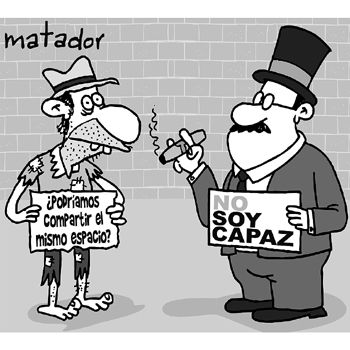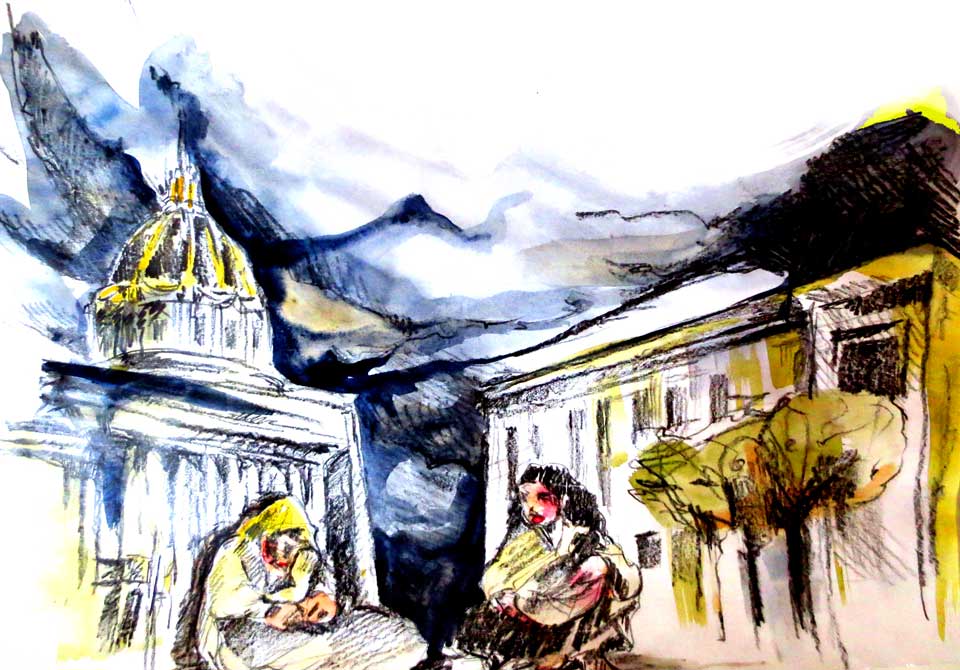You’ve probably heard the urban planning acronym NIMBY, which stands for Not In My Backyard. Often used in a pejorative sense (as in nimbyism), the word recalls the political sentiments of neighborhood groups—nominally, wealthier ones with more clout—to cease any local development or change whatsoever, regardless of social benefit. The term could be applied, for instance, to Marin County’s perpetual efforts to stop BART from running through their county (much-needed 40 years ago when first proposed) —motivated by racist fears of diluting their lily-white demographic.
Then there’s SFBARF, a citizen activist group that promotes YIMBYism—the counterfactual to NIMBY, i.e. a philosophy of “Yes In My Backyard.” A punk-sounding acronym for “San Francisco Bay Area Renter’s Federation,” SFBARF advocates for building more luxury homes and condos as a way of reducing the housing crunch on middle- and lower-income households in the Bay Area. To that end, they travel around the Bay Area and attend city council meetings, lobbying on behalf of developers.
Does that sound confusing? Here’s the economic logic: lots of rich people want to move to the Bay Area, and they don’t necessarily want to live in poorer neighborhoods—but, they will if that’s all they can find. Better to keep building condos and luxury high-rises in wealthy areas, so as to keep the poor and middle-income neighborhoods for those who need them most.
Yet many Bay Area activists have called for SFBARF’s head, claiming that they’re a “faux-grassroots” group that only encourages developers, and poses as progressive. Is there any basis to that claim? Continue reading





